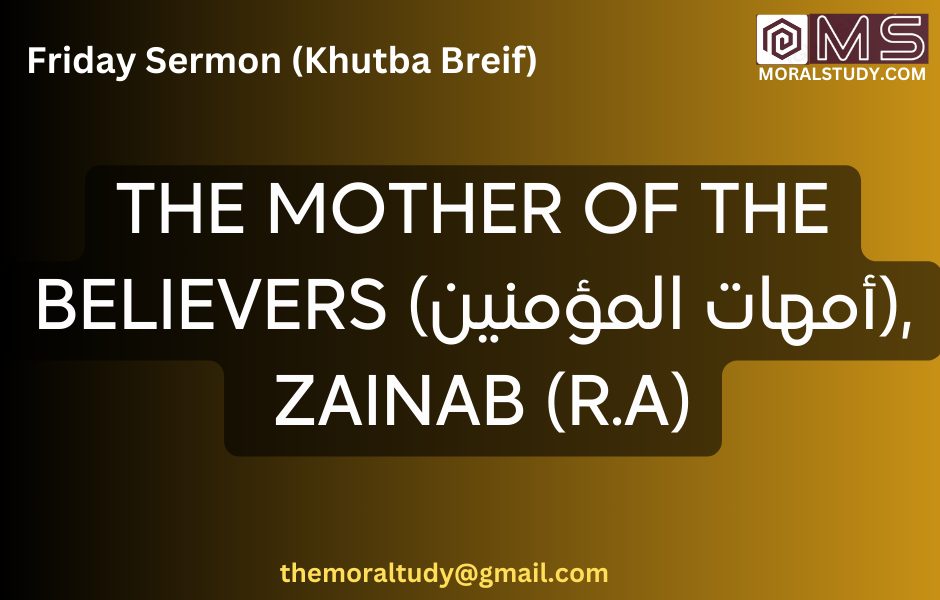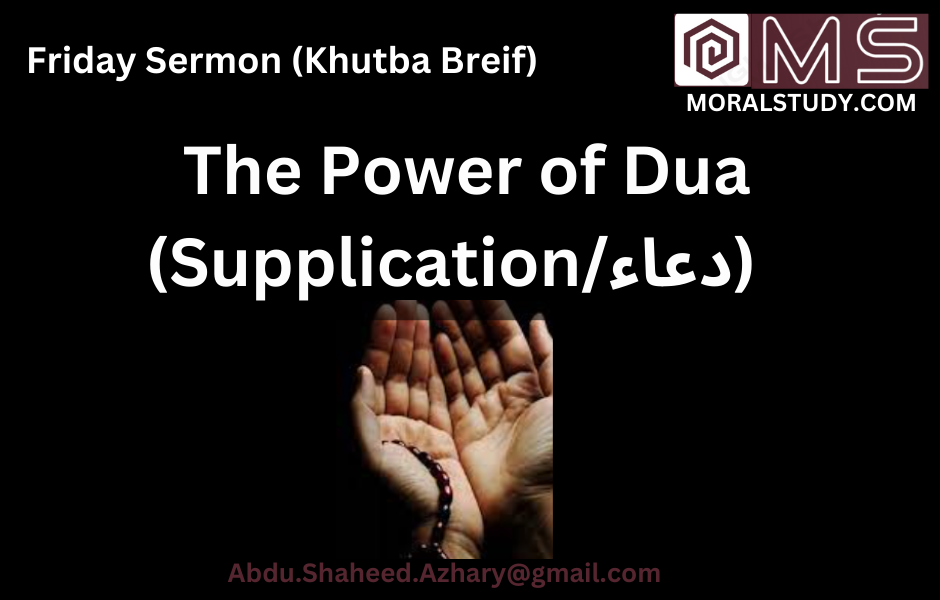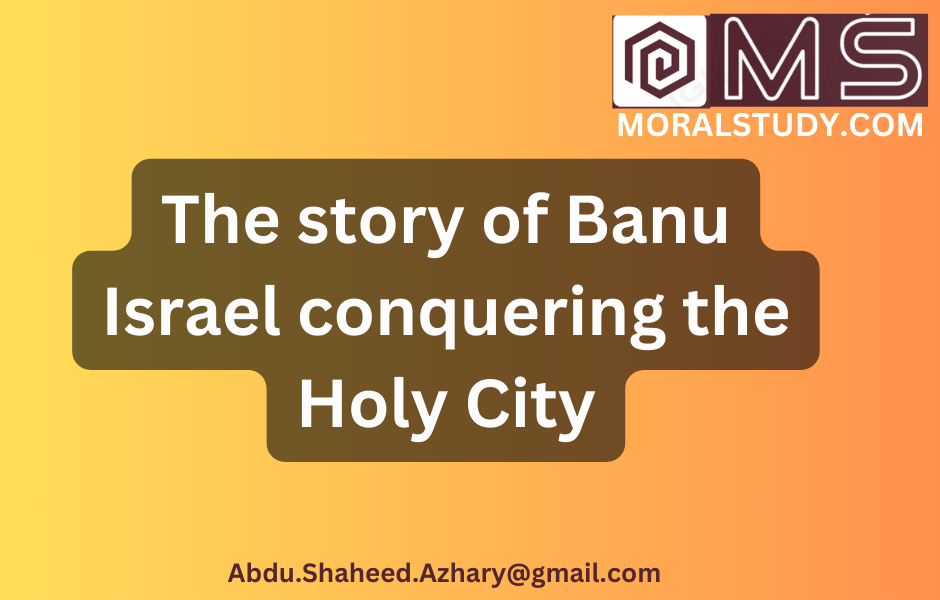Respect – Good Manners from Quran & Hadith-2 –
Respect and reverenceRespect is reverence, awe, and kindness in treatmentThe benefits of respecting others Mitigating hostility and hatred: Respect plays a pivotal role in averting animosity and disdain between individuals Promoting Justice: Respect contributes to the pursuit of justice, ensuring that each individual is rightfully assigned their appropriate place Harmony of Perspectives: It facilitates the […]
Respect – Good Manners from Quran & Hadith-2 – Read More »









